|
In a packed Blue Room at the BFI on Monday 17th August we announced the winners of our Annual Screen Story Competition, and caught up with Head of Development at Red Planet, Judith King, and Independent Producers Robyn Slovo and James Cotton. Our own Charles Harris was on hand to interview the panel who generously gave a huge amount of insightful, practical, and essential advice to the audience of eager writers. 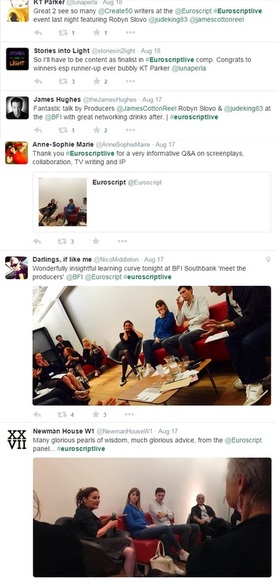 Selection of #euroscriptlive tweets Selection of #euroscriptlive tweets As the competition was very much at the forefront of people’s minds Charles asked how important it is for writers to enter them. All three agreed that they’d be encouraged to read a script knowing it had been recognised in a screenwriting competition. In this incredibly competitive industry, the acknowledgement of talent that comes with a “nod” from a competition can make the difference between a writer’s work being read or not. However, it is not just through screenwriting competitions that writers can begin to get their work noticed, and made. Robyn Slovo spoke candidly about how crucial it is that writers work across other forms of media as well – particularly theatre. Adding that Executive Producers are potentially more likely to go to see a play than to read a script, she noted that by writing for theatre, writers have a great opportunity to showcase their talent and attract finance for feature film. With the innovations in theatre, Judith King noted that there is the possibility of writing with a more filmic approach than may be traditionally associated with the format, and James Cotton’s hit film “Powder Room” was itself adapted from a stage play. Comparatively speaking, it is easier to have a play staged than a feature film produced, so this platform for innovative and original storytelling is an excellent way for writers to attract attention to their talent! Theatre is not necessarily the answer for every writer however, and some of the more conventional routes to getting a screenplay produced involve exactly what we were all there for on Monday – good old fashioned networking! The collaborative aspect of filmmaking is enormous, and the importance of working with colleagues you like and respect is huge. Ultimately everybody wants to work with people they get on well with, and the film industry is no different in this regard. Meeting peers at a similar level, collaborating on projects that you feel passionately about, respectfully taking on board development notes and feedback, were all mentioned as absolutely key to long-term success. And for those determined to go it alone and send their scripts straight to producers, there were some crucial words of wisdom (alongside some eye-watering anecdotes about poor email etiquette to avoid!) - Thoroughly research who you are approaching: an insight into their work and experience and why they are a good match for your project will help convince a Producer to read your script. - The first 10 – 20 pages of your script must be especially strong to engage the reader and keep them gripped. - Your characters don’t need to be likeable, but they must be interesting as you need the reader to keep turning your pages. - Producers and financiers want to make scripts that have a strong central idea, with good casting opportunities. And so attention was turned to this year’s winning writers and the Screen Story Competition announcements were made: Honourable mention was made of George Johnson’s “Peace Pledge” and Sean Healy’s “Russian Doll” which were projects the judges agreed deserved recognition for the potential they demonstrated. 3 Runners Up each winning a bullet-point report worth £85 on a script of their choosing are: Ross Dunsmore for “The Tin Box” Haya Husseini for “Raining Bones” Radhika Kapur for “William, Kate aur Raja” 2nd Place, winning a full report worth £210 on a script of their choosing is: K T Parker for “A Face to Paint” 1st Place, winning three full reports and working with a Script Editor for a year on the winning screenplay idea is: Ann Hawker for “Frozen Rose” Congratulations to all of our winners, and many thanks to all those who joined us for an excellent evening!
Join our mailing list to keep up to date with our future events.
0 Comments
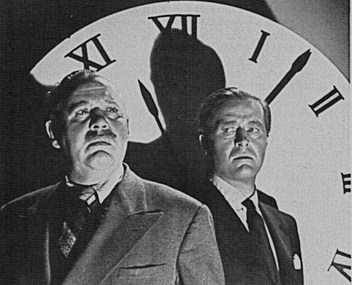 This is our first guest blog by James Bartlett, Euroscript's Man in LA. James reads scripts for numerous US-based managers, studios, funders, competitions and companies, and has his finger on the pulse of the art and craft of screenplays, Stateside. Whether they admit it or not, every single person who is given a script to read or develop does the same thing first: they flick to the back page to see how long it is. There are two main reasons for this. 1) It gives you an idea how long it might take to read. 2) If you’re a producer or funder, it gives you a rough idea how expensive it’s likely to be, how many screenings you could schedule per day - and how many tickets you can sell. The rule of thumb is that one page of script equals one page of screen time, so seeing 133 pages as opposed to 104 is a big difference. Or 81 as opposed to 109. Unless you’re given a guideline, there is theoretically no limit to how long a script can be; but even with a number of notable, successful films being 2½ - 3 hours long, the enormous majority fall into a much shorter length. And the US/UK markets differ on what they tend to expect. This is important to remember, because while most UK/European scripts tend to be around 85-100 pages in length (budget always being an issue), US scripts are usually 100-110 pages long. Yes, that doesn’t seem much, and yes, it’s not a hard and fast rule (animation and horror are often shorter), but if a US studio executive sees an 87-page script he or she may well think “where’s the rest of it?” or figure that it must be missing an element for the storyline to be so short. The opposite applies too, and scripts that go north of 120, 130 and 140 pages in length are immediately seen as potentially problematic: can the writer not tell the story in a shorter time? More practically, it usually means that there’s still fat on the bone – things that can be cut or truncated – and more rewriting is required. In a word, an overly short or long script offers the immediate chance for the funder, actor, producer etc to put a hurdle in the way – to impede the progress of your project. So before you submit a script that’s 78 or 160 pages (even if the guidelines say that is acceptable), think about these factors; the reader certainly will, before they’ve even read page one of the dialogue. |
BLOGTHE ONLY PLACE TO TALK ABOUT THE CRAFT OF SCRIPTWRITING.
|
Privacy Policy © Euroscript Limited 2020

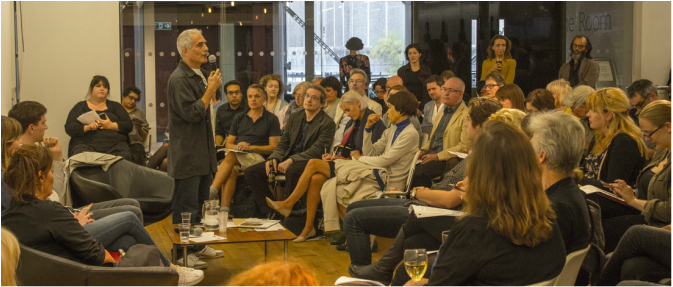
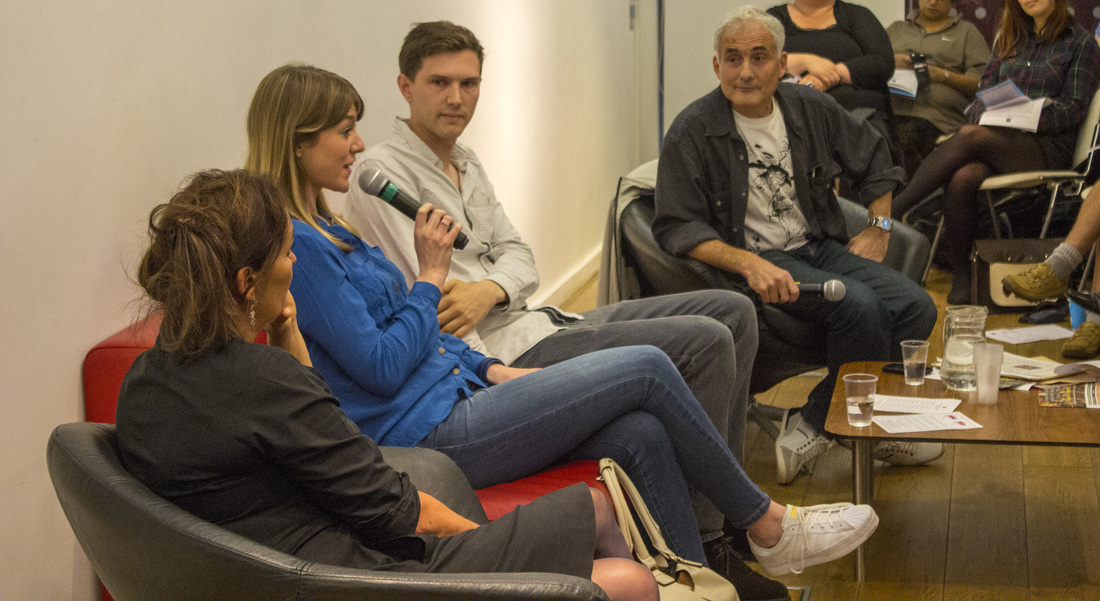
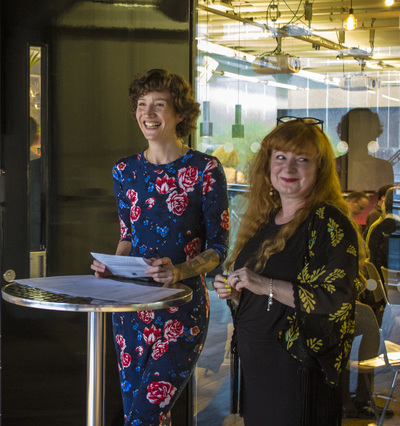
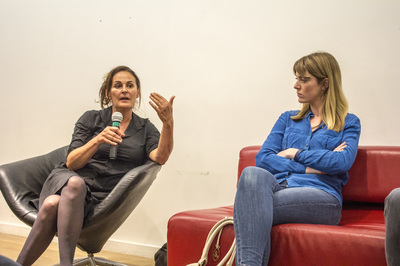
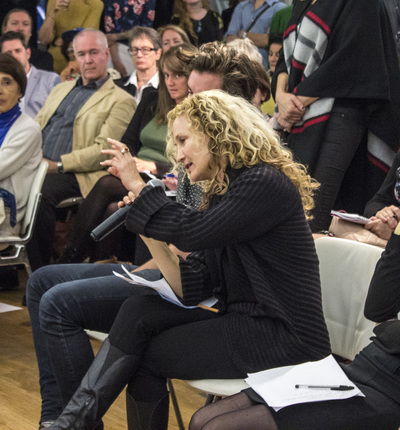
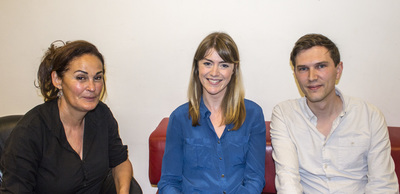

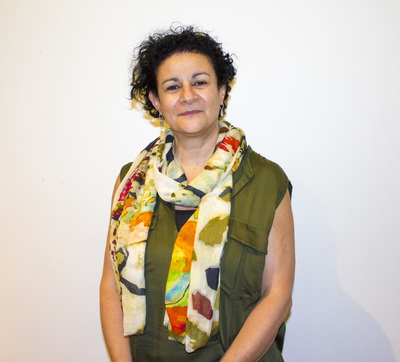
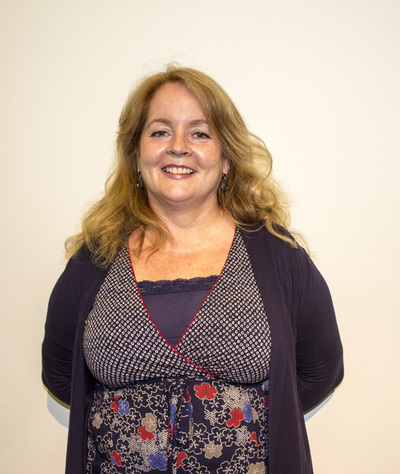
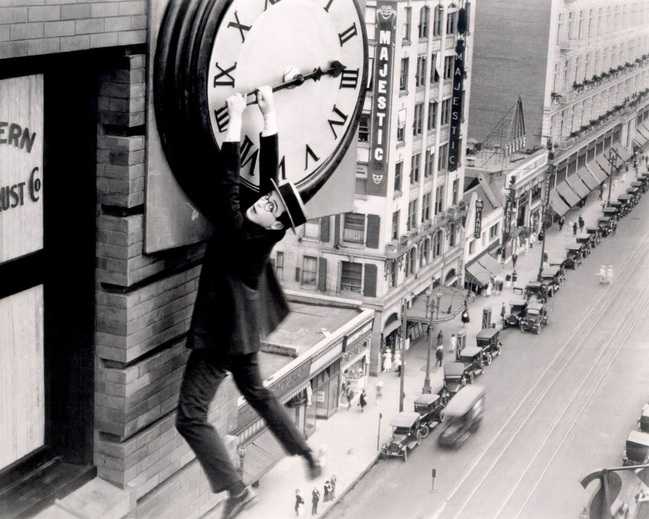
 RSS Feed
RSS Feed


